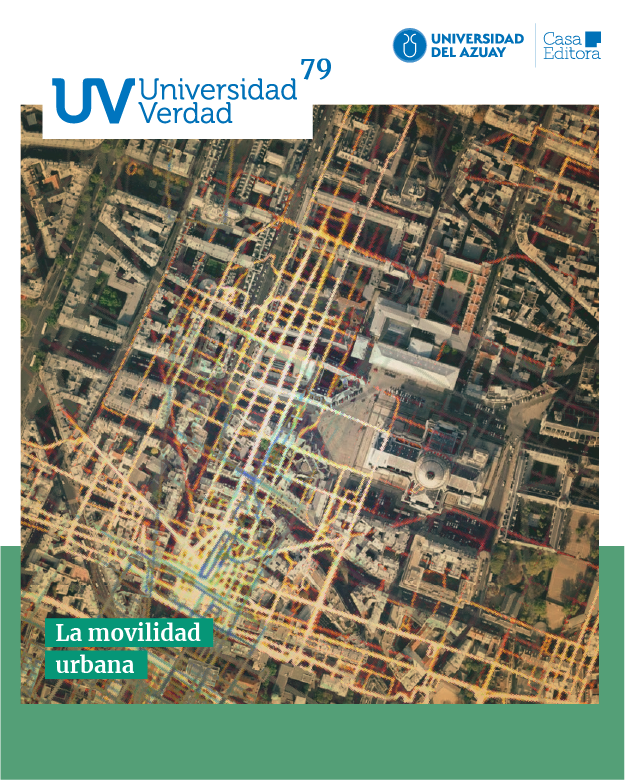CHEPECLETAS: UN COLECTIVO A FAVOR DE LA MOVILIDAD URBANA SOSTENIBLE
DOI:
https://doi.org/10.33324/uv.v2i79.453Schlagworte:
Movilidad, acciones colectivas, ambiente, políticaAbstract
En Costa Rica se encuentra el colectivo ChepeCletas que ha encauzado sus esfuerzos en mejorar la calidad del ambiente, a través del uso de bicicletas y las caminatas, así como la recuperación de espacios para la intervención pública, con el fn de convertir a la capital en un espacio para todas las personas. Por tanto, este artículo realizó un análisis dentro del colectivo, basado en los marcos de referencia de diagnóstico, pronóstico y motivo, dando como resultado mayor conciencia del impacto ambiental que genera el uso excesivo de vehículos privados, la construcción de un grupo que se siente como familia, incrementando el empoderamiento ciudadano para el cambio social, así como el interés por la ciudad y la necesidad de retomar los espacios que siempre fueron públicos; pero habían sido olvidados. Utilizar los marcos de referencia permite comprender, desde la visión de los integrantes, qué es, qué permite y qué se hace en dicho colectivo. Sumado a esto, se debe recalcar que este artículo aporta nuevos conocimientos respecto del tema, visualiza otra forma de hacer política desde abajo y crea espacios que integran cada día a más personas.
Palabras clave: Movilidad, acciones colectivas, ambiente, política.
Abstract
In Costa Rica, where the ChepeCletas collective is to be found, eforts have been channeled to improve the quality of the environment by using bicycles and walking, as well as the recovery of spaces bound for public intervention to turn the capital into a space for all people. Therefore, this article conducts an analysis within the group based on the diagnostic, prognostic and motive reference frameworks which result in a greater awareness of the environmental impact than the excessive use of private vehicles generates. Additionally, the onstruction of a group that feels like family increasing citizen empowerment for social change, as well as interest in the city and the need to retake spaces that were always public but had been forgotten. The use of reference frames allows us to understand, from the point of view of the members, it’s nature, what allows it to be and what is done in said group. In addition to this, it should be emphasized that this article provides new knowledge on the subject, visualizes another way of doing politics from below and creates spaces that integrate more people every day.
Keywords: Mobility, collective actions, environment, politics





